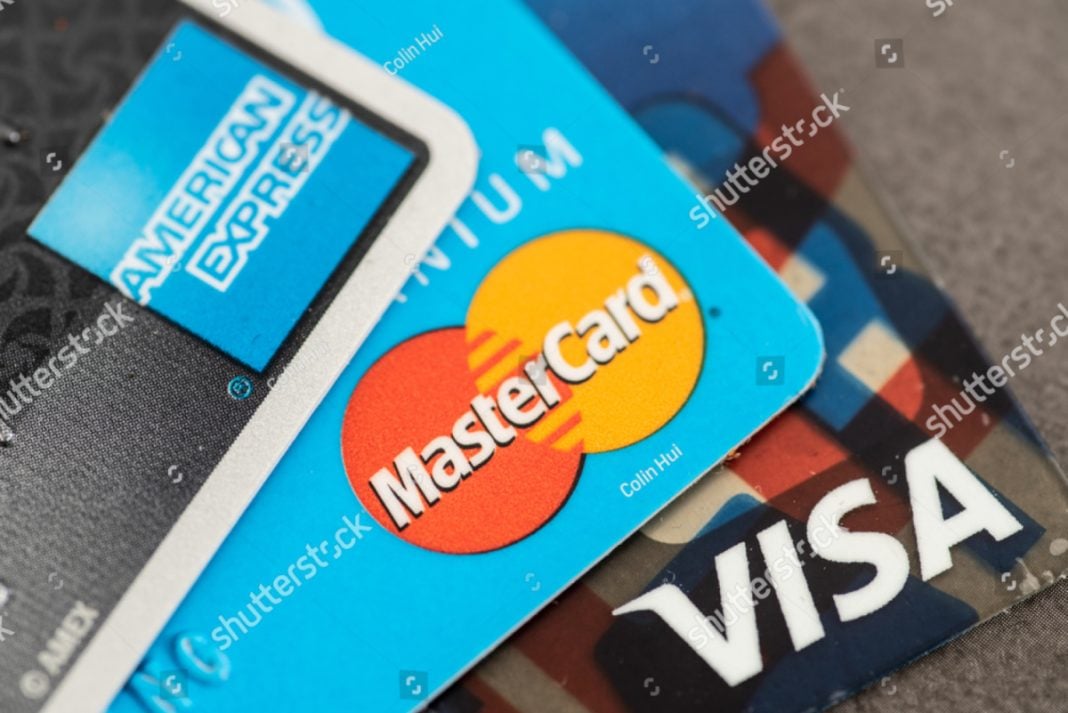The Federal Trade Commission (FTC) has found Mastercard guilty of using what it deems as ‘illegal business tactics’ to reroute merchants to its debit card payment network.
Mastercard will now be ordered to start providing competing merchant networks with customer account information in order for them to process debit card payments, something it was ultimately found to have been blocking.
The FTC began investigating the card provider’s security tokens and debit-card rerouting in October 2022 then demanded Mastercard share its card data two months later.
An FTC statement read: “This reverses a tactic Mastercard allegedly had been using to prevent merchants from using competing networks to process certain ecommerce debit payments.
“The FTC alleged that practice violated provisions of the 2010 Dodd-Frank Act known as the Durbin Amendment and its implementing rule, Regulation II.”
The Durbin Amendment requires banks to allow a minimum of two unaffiliated card networks on each debit card issued, giving merchants a choice of their preferred network for debit transactions.
The Amendment also bans card networks from preventing merchants from using other networks, which Mastercard was ultimately found in breach of, after effectively blocking merchants from e-commerce transactions using its own debit cards saved in e-wallets.
Mastercard has now been ordered to end any and all related practices and provide competing networks with customer account information they need to process debit payments, as well as blocking the accessibility to choose between networks.
A Mastercard spokesperson told PYMNTS that they are “glad to bring this matter to a close”.
They added: “As we noted last year, we believe that our existing debit routing practices are lawful and have always provided choice to online merchants. We are continuing to update our processes to comply with the consent order and provide even greater choice.”























